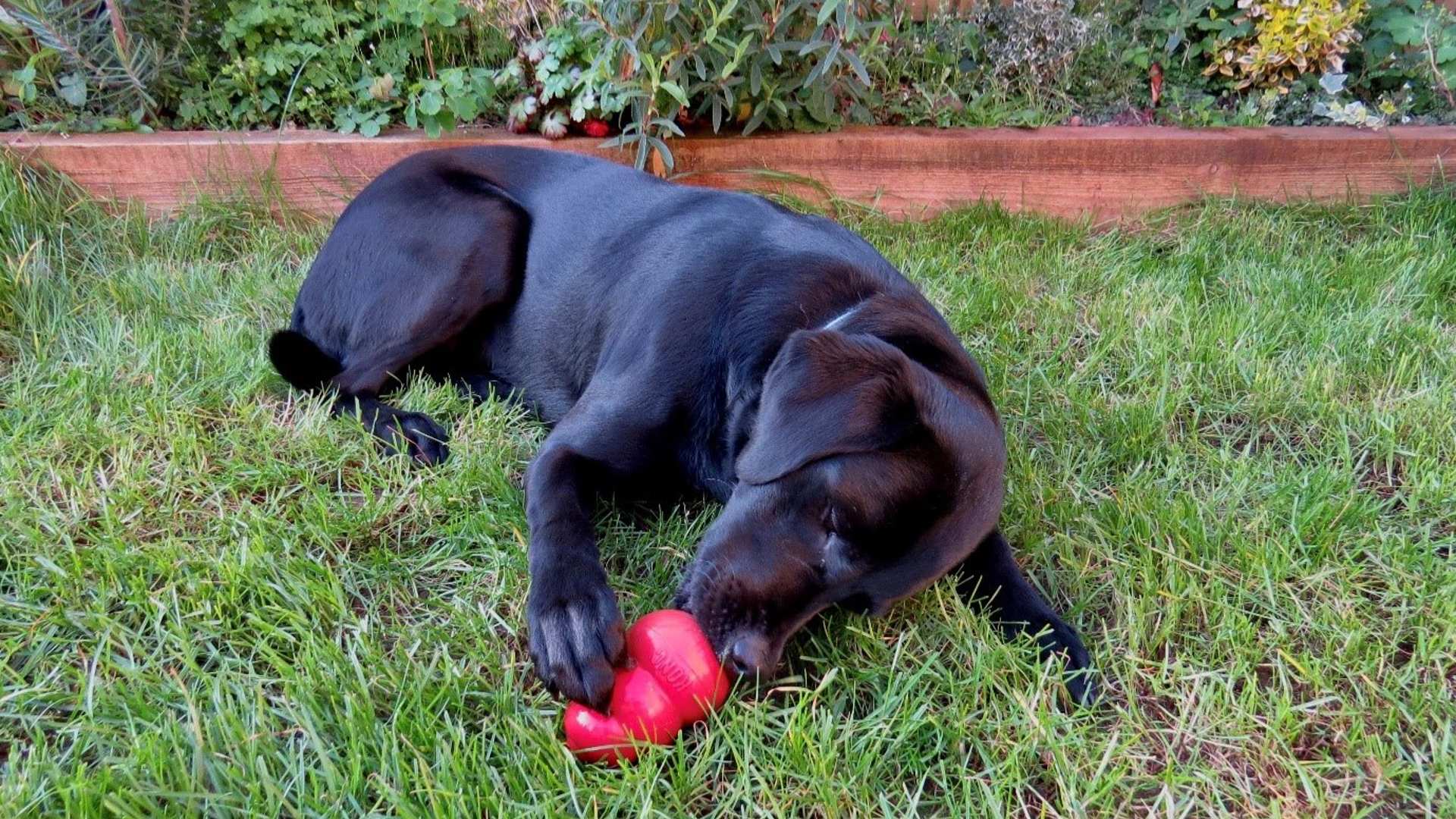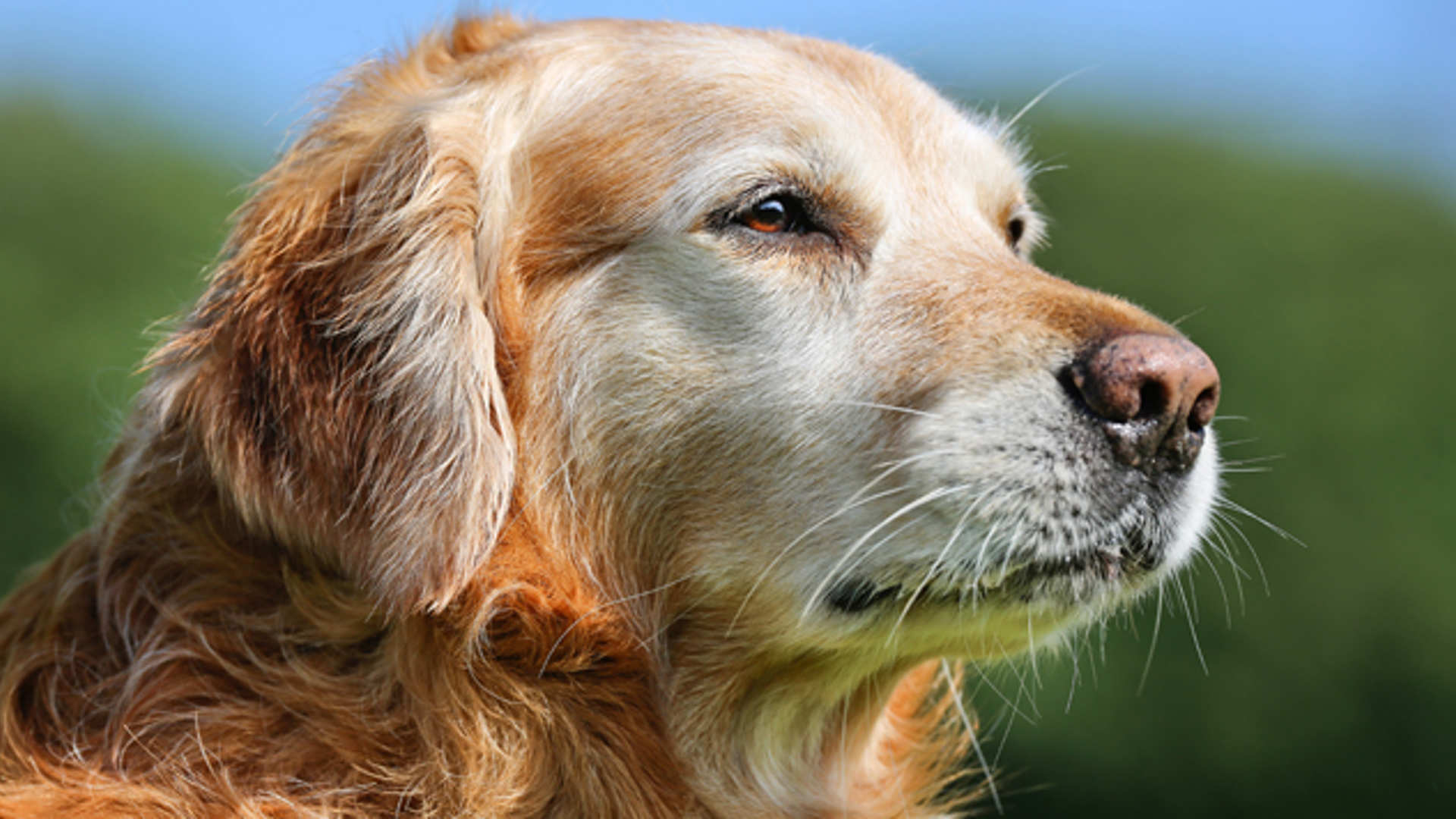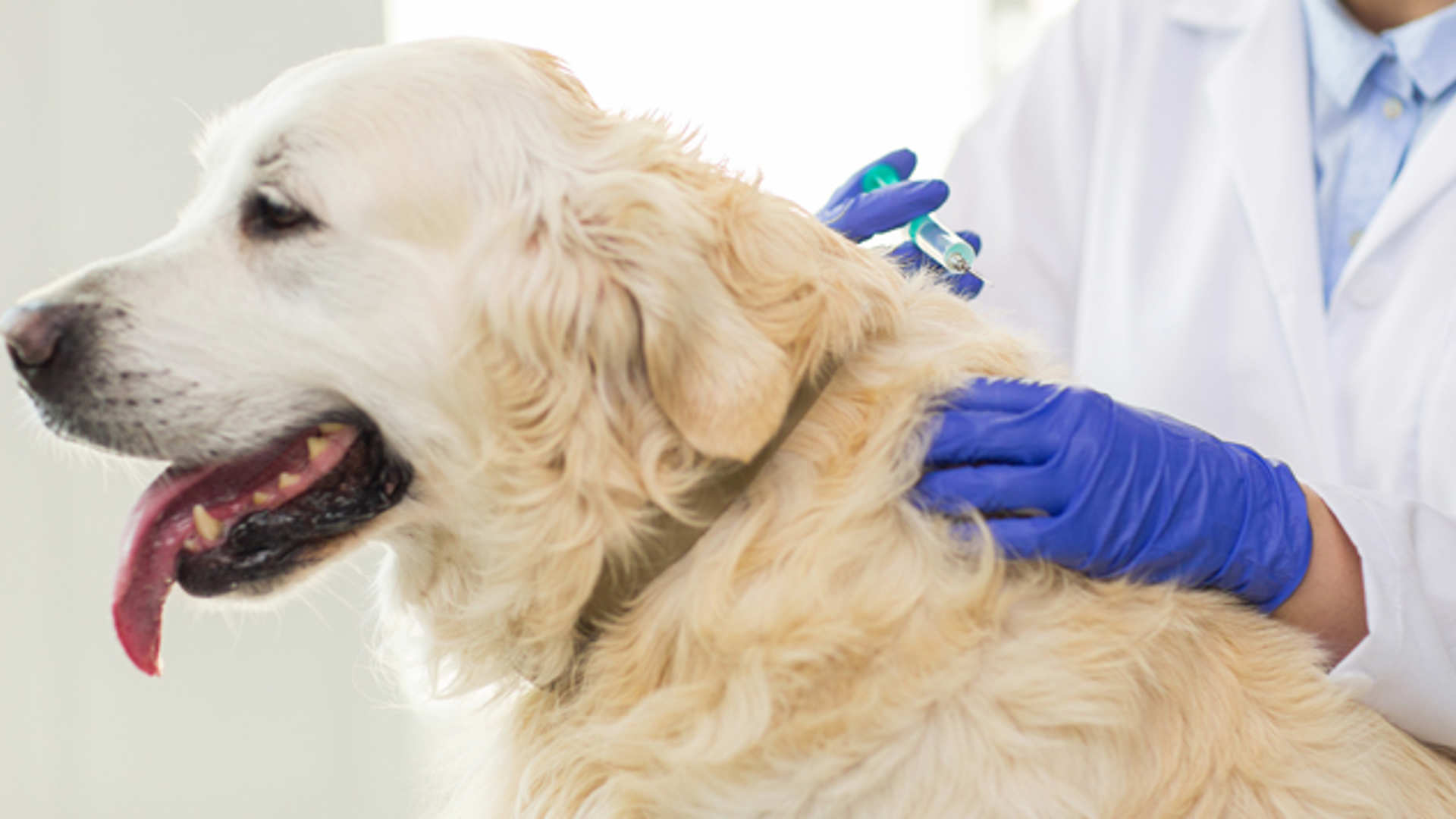Entertaining your Dog at Home
There are many changes you can make at home to keep your dog entertained with a more enriching environment. Here are a few examples to get you started:

We offer a multi-disciplinary referral service to veterinary surgeons across the UK. We accept emergency referrals 24 hours a day, 7 days a week.
In order to book an appointment with us, you need to request a referral to us from your pet’s usual veterinary practice.
Telephone: 0117 394 0513
Location: Langford House, Langford, BS40 5DUOutstanding veterinary care for horses and ponies in the heart of Somerset
Stables Equine Practice are experienced in dealing with horses and ponies involved in all competitive disciplines - from breeding, to pleasure horses and companions.
Telephone: 01749 830 666 / emergency pager 01379 673 827
Location: Conkerfield, Pennybatch Lane, Wookey, Nr. Wells, BA5 1NHYour local vets for all your pets.
We aim to provide the best possible care for your animals to ensure they are kept fit and healthy throughout their lives. Our practice offers a caring, family feel to ensure that you and your pet receive a personal and friendly service.
Telephone: 01934 852 422
Location: Langford House, Langford, BS40 5DULangford Vets Farm Animal Practice have extensive experience in all aspects of the farming sector and smallholder work including dairy, beef, sheep, goats, camelids, pigs and poultry.
Telephone: 01934 852 650
Location: Langford House, Langford, BS40 5DUWe are a dynamic, customer focused business providing an extensive, high-quality range of laboratory tests across many species.
We also offer an internationally recognised cat genetic testing service to owners and breeders.
Telephone: 0117 394 0510
Location: Langford House, Langford, BS40 5DUAdvancing veterinary education and career excellence
Langford Vets are passionate about promoting career-long learning for veterinary professionals with advanced training and career development opportunities provided through our Langford Academy.
Telephone: Email: brm@langfordvets.co.uk
Location: Langford House, Langford, BS40 5DUWhich dogs are at risk?
Young puppies between 6 and 20 weeks of age are most at risk, however older animals can also be affected. Unvaccinated animals are at highest risk.
How is it spread?
Parvovirus is very contagious. It can be spread by direct contact with an infected dog, or indirectly, through bodily fluids, including vomit and diarrhoea. The virus can survive in the environment for up to 6 months and can be spread on shoes and clothing.
What are the signs?
It can take up to seven days for a dog to show signs of illness after becoming infected with parvovirus. Signs include vomiting and foul smelling, bloody diarrhoea, depression, lethargy and lack of interest in food. Dogs will often run a fever and may feel hot to touch.
What is the treatment?
Unfortunately, there is no specific drug to treat parvovirus. Treatment focuses on supportive care and management of the clinical signs. Dogs are hospitalised and provided with intensive nursing care including fluid therapy, antibiotics to prevent other infections, anti-nausea medication, gastroprotectants and nutritional support. Sadly, some dogs do not survive parvovirus despite veterinary treatment.
How can I prevent it?
Vaccination is the best way to prevent parvovirus. For puppies, we recommend vaccinating at 8 and 12 weeks of age, with a final top-up injection at 16 weeks of age. Keep puppies away from public areas for 1-2 weeks after their 2nd vaccination, and don’t allow them to meet any unvaccinated dogs before this time.
Adult dogs require a regular booster vaccination. Please ask your veterinary practice if you are unsure whether your dog is up-to-date with its vaccinations.
What should I do if I suspect my dog has parvo virus?
If your dog is showing any of the signs mentioned above, please call your veterinary practice immediately for advice. The quicker you seek treatment, the better your dog’s chance of survival.
There are many changes you can make at home to keep your dog entertained with a more enriching environment. Here are a few examples to get you started:

Find out how to support your cat dog or rabbit especially as they move into their senior years.

